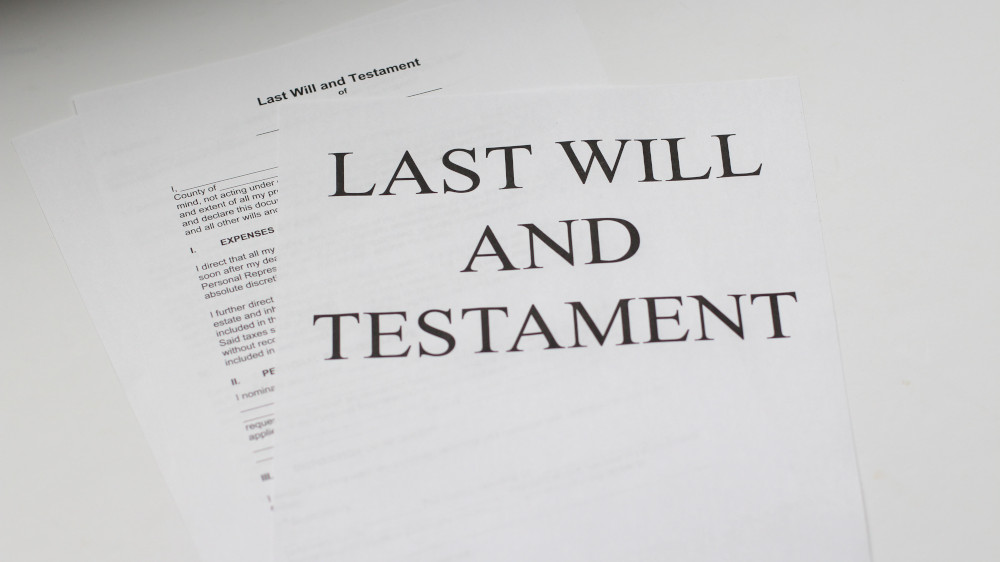
Having a will is an important part of any estate plan. For some people, creating a will may be the only estate planning they need to do. For others, it is the cornerstone of their estate plans, which may also include trusts, among other things. Since it is such an important part of estate planning, it is crucial to know the steps that you must take to make a valid will.
If you are thinking of preparing your will, the California estate planning attorneys at Galanti & Copenhaver Inc. can help. Our attorneys have many years of experience drafting wills and preparing other estate planning documents. Contact our office today to schedule a consultation to meet with one of our attorneys to get started with the estate planning process.
Step 1—Choose Your Beneficiaries
Before you begin preparing your will, it is helpful to have a general idea of the beneficiaries that you want to receive your assets upon your death. You can choose to leave all of your assets to just one person, or you can divide things up and leave different assets to different individuals.
You also have the option of leaving some or all of your assets to a charitable organization. Deciding on who to have as your beneficiaries before you draft your will can make the process move along at a faster pace.
Step 2—Choose the Executor of Your Will
When you create a will, you will need to designate someone to serve as the executor of your will. An executor of a will has the responsibility of sorting out the finances of the person who made the will after their death.
Typically, the executor of the will is required to make sure that all debts and taxes are paid. Additionally, the executor will need to ensure that the remaining assets are distributed to the beneficiaries in accordance with the terms of the will.
Since the executor of the will is tasked with some major responsibilities, it is important to choose someone who can properly handle this role. While you can choose a friend or family member to serve as the executor of your will, you also have the option of choosing your attorney, or even your bank. Keep in mind that there will be fees associated with these services.
Step 3—Choose a Guardian If You Have Minor Children
If you have young kids, it is vital to choose a guardian to take care of your children in the event that you pass away unexpectedly. If you do not name a guardian for your children, the decision may have to be made by the court. An important decision like that, which will have a huge impact on your children’s’ future, should be made by you.
Step 4—Decide How You Would Like Your Assets to Be Distributed
The next step in making a will is deciding how exactly to distribute your assets. When you decide which beneficiaries each asset should be given to beforehand, it will make the actual drafting process go more smoothly, since you will not have to make those decisions as you go along.
Make sure to be as specific as possible when making these decisions. If the terms of your will are too vague, it can be difficult for the terms to be followed properly. This may even cause disputes between your family members, which could have to be resolved in court. By stating very clearly who gets what, you can avoid these difficulties for your beneficiaries down the road.
Step 5—Sign Your Will
After your will has been drafted in accordance with your wishes, you will need to sign the will. In addition to your signature, two witnesses will also need to sign the will. These witnesses must not be beneficiaries to your will.
Step 6—Find a Safe Place for Your Will
Next, you will need to find a safe place where you can store your will. Make sure that someone you trust knows where your will can be found. You do not want to go to the trouble of making a will, only for it not to be followed because it was never found.
Step 7—Review and Update Your Will as Needed
It is always a good idea to review your will from time to time to decide if any changes need to be made. This is a good step to take after any major life event, such as the birth of a child or grandchild, or a divorce in the family. You will want to make sure that your will reflects your current wishes.

